Making sense of the challenges liberal democracy faces in the EU
A new episode of "Making Sense of EU" is out. Join us as we discuss the challenges facing liberal democracy in the European Union with Professor Ramona Coman.
Read More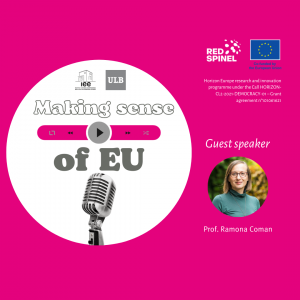
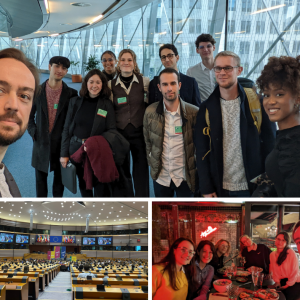
This term, around 50 IEE students had opportunity to visit the European Parliament from the inside in a guided tour by IEE Alumnus Bogdan Deleanu, Head of Cabinet of the Office of MEP Dragoș Pîslaru (Chair of the EMPL Committee). Six visits were organised in the framework of the IEE mentoring programme.
Read More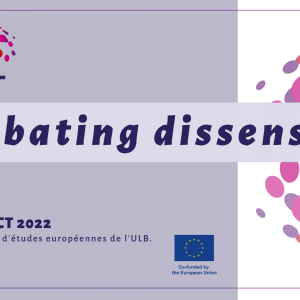
The Horizon Europe project Responding to Emerging Dissensus: Supranational Instruments & Norms of European Liberal Democracy (RED-SPINEL) partner universities and non-academic institutions will gather in Brussels on October 20 and 21 for the formal launch of their 3-year scientific endeavour.
Read More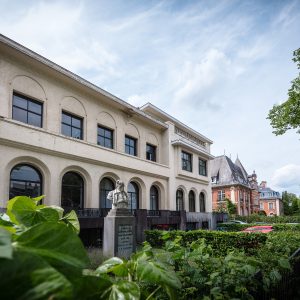
The kick-off conference, held in Brussels, had the objective of jump-starting a four-year-long shared intellectual journey around the concept of dissensus.
Read More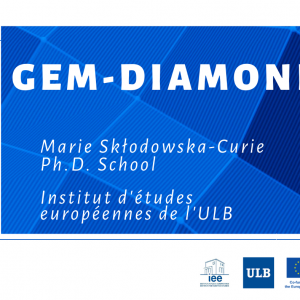
The GEM-DIAMOND doctoral network is part of a multiannual international research effort on Globalisation, Europe and Multilateralism (GEM) and will assess the EU’s capacity to act given the challenges facing Democratic Institutions, the rise of Alternative MOdels and mounting Normative Dissensus (DIAMOND).
Read More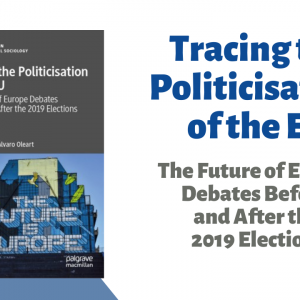
The new book, published in the context of the OpenEUDebate project by Palgrave Macmillan, presents an innovative and politically aware approach to the concept of politicisation as a heterogeneous phenomenon. It includes contributions from IEE-ULB affiliates.
Read More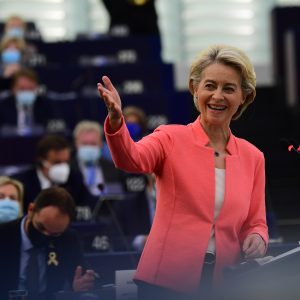
Ursula von der Leyen's second State of the Union speech (SOTEU21) was analysed by two of our researchers and here we share their thoughts on the vision presented for the East and the South.
Read More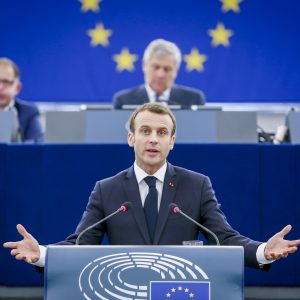
Is European sovereignty a predominantly French projection? Ramona Coman, Nathalie Brack and Amandine Crespy try to answer.
Read More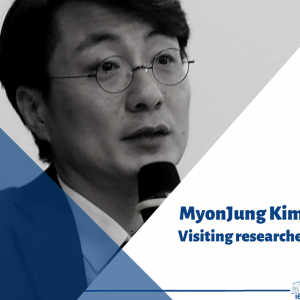
During his one-year research stay, visiting researcher MyonJung Kim brings a comparative perspective of Korea and other Asian countries as well as an analysis of Korea-Europe relations.
Read More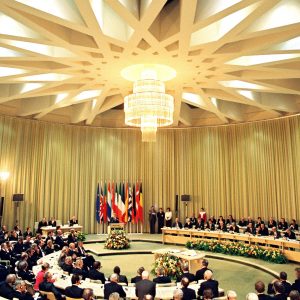
On February 7, 1992, 28 years ago today, the Union's heads of state and governments ratified the Maastricht Treaty. Conceived as an act of refounding the project of European integration, this Treaty has led to an increased use of intergovernmentalism in European decision-making. Find our reading recommendations from IEE researchers on this subject.
Read More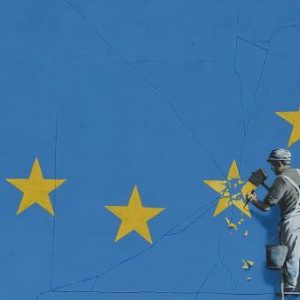
Since 2016, Brexit has been on every lip around Brussels and Europe. The subject of many debates across the continent has unfolded – slowly, excruciating – under our eyes over the past three years. Our professors, researchers and students have analysed the Brexit’s saga in different episodes, that we share with you today.
Read More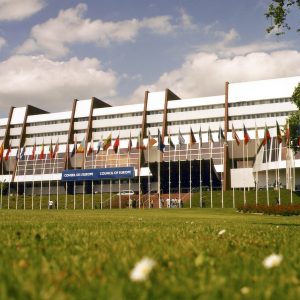
What is the role of the European Commission for Democracy through Law – better known as the Venice Commission – in the rule of law controversies? And which is its impact? These are highly topical issues, especially if we consider the recent events in Hungary and Poland and their backsliding into authoritarian regimes.
Read More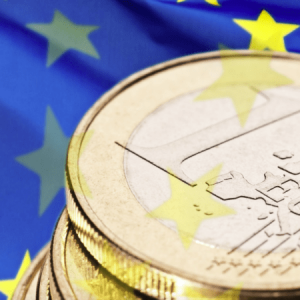
The impact of a potential rule of law conditionality in the management of EU funds is at the center of this piece by Maria Schinina, official representative of the Italian Chamber of deputies to the European Parliament and participant in the IEE's MEUS.
Read More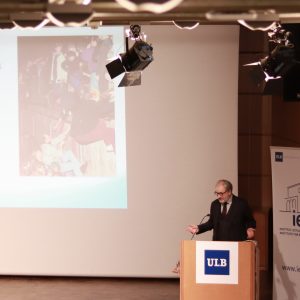
Thirty years after the celebration of the collapse of the Berlin wall, are we feeling hangover? At the opening of the academic year, Oxford Professor Jan Zielonka questioned the legacy of 1989 and the role of academia on European studies.
Read More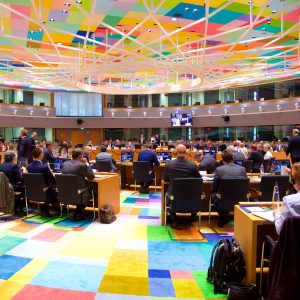
As the General Affairs Council sets to meet on December 10, with a focus on Article 7 procedures, Prof. Ramona Coman looks at the rule of law debate in the EU agenda.
Read More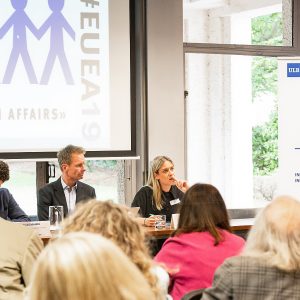
Solidarity has been at the centre of research and teaching activities of the Institute for European Studies of the ULB for the past three years. As our a Jean Monnet Center of Excellence project, supported by the European Erasmus+ programme, comes to an end, we asked academics to issue policy recommendations on the different aspects of European solidarity at the heart of their work.
Read More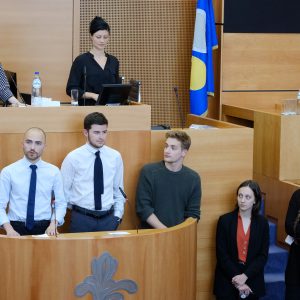
On May 9th, the Day of Europe, dozens of young people between the ages of 18 and 26 confronted candidates to the European elections.
Read More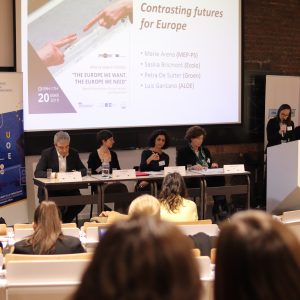
Luis Bouza García, member of the OpenEUdebate Jean Monnet network, explains the important task of discussing the future of Europe in a new, different way.
Read More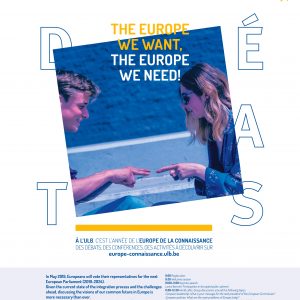
Given the current state of the integration process and the challenges ahead, discussing the visions of our common future in Europe is more necessary than ever. We invite you to participate this March 20 on an Open EU Debate forum and share your views.
Read More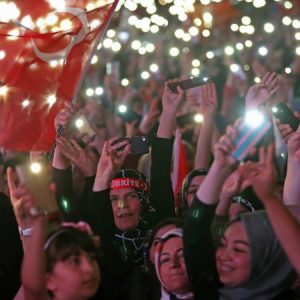
As a result of the June elections, there are three constraining factors that might further distance Turkey from the EU. Political scientist and IEE-ULB affiliated researcher Seda Gürkan analyses them in this article.
Read More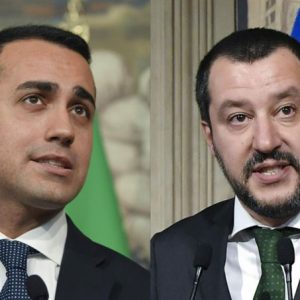
A new government led by the League and the Five Stars Movement represents a novelty and an element of unpredictability for Italy and Europe. Political scientist Luca Tomini underlines a problem the EU might soon be confronted with: a new challenge to liberal democracy, that subscribes to a global and European trend.
Read More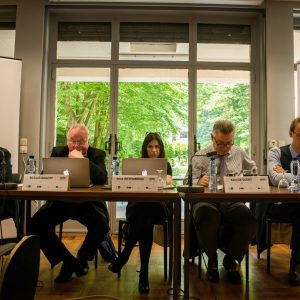
Watch the opening and closing sessions of the first biennial conference EUEA17, focusing on European and transatlantic solidarity.
Read More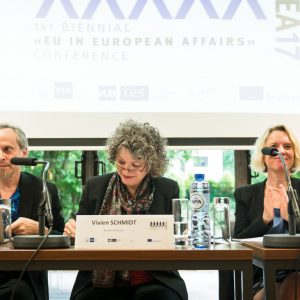
The two-day conference #EUEA17 represented an opportunity for an academic and policy oriented discussion on European solidarity.
Read More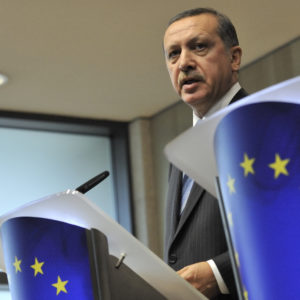
Seda Gürkan (CEVIPOL, IEE-ULB) analyses why the Turkish presidential system is likely to induce far-reaching changes in EU-Turkey relations, and questions whether the regime change in Turkey has the potential to put an end to Turkey's EU journey.
Read MoreEvery month, in your inbox.